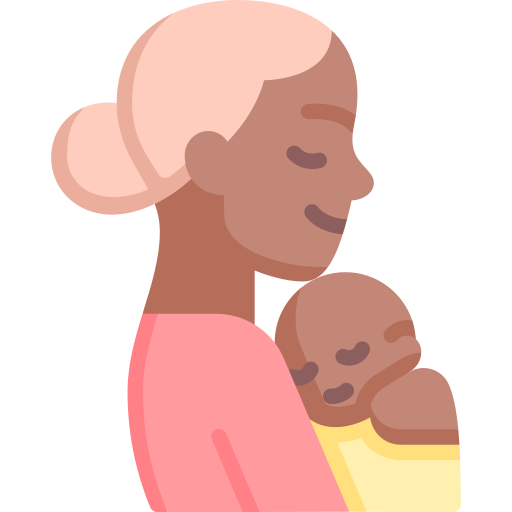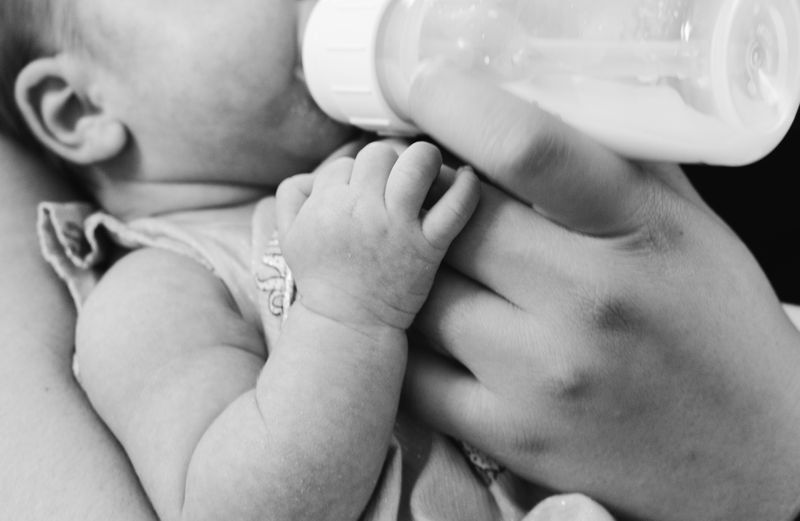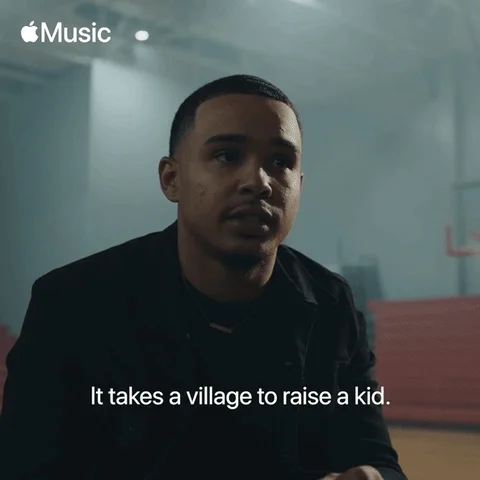
This logo isn't an ad or affiliate link. It's an organization that shares in our mission, and empowered the authors to share their insights in Byte form.
Rumie vets Bytes for compliance with our
Standards.
The organization is responsible for the completeness and reliability of the content.
Learn more
about how Rumie works with partners.
Having a baby is an exciting and life changing experience! There are so many decisions to consider, including how to feed your baby.
For some new parents, there may be a choice between breastfeeding and formula, while for other parents, formula may be the only option. 🍼
Others will breastfeed for a while, but will eventually need to wean their child.
 Photo by Garrett Jackson on Unsplash
Photo by Garrett Jackson on UnsplashNo matter the reason, a parent may feel sadness or guilt when they end their feeding journey.
Did you know?
Different Journeys
There are many different reasons a parent may stop breastfeeding their child, even if they initially planned to continue for a longer period of time. For example:

A. Lexi is studying to become a paralegal. She breastfed her child for the first seven months and was hoping to make it to the first-year mark, but between school and her part-time job, it's been difficult to stick to that goal.

B. Isabella just graduated from college and welcomed the unexpected arrival of her son. Isabella knew she wanted to breastfeed her child. Unfortunately, she has insufficient glandular tissue and is unable to produce enough milk.

C. Sky suffered body image issues during pregnancy. Sky is aware of the benefits of chestfeeding, but the toll on their mental health has become too much.
Quiz
Which scenarios are valid for no longer chest/breastfeeding? Select all that apply.
All of the scenarios are valid! Any reason a parent has for stopping chest/body/breastfeeding is a valid reason.
Grief is Natural
It's normal to feel sad about the end of your breastfeeding journey.
Reasons parents may feel grief when they stop breastfeeding include:
guilt that your child won't gain all the benefits of breastfeeding
end of the bonding experience that breastfeeding provides
hormonal changes
realization that your baby is growing more independent

Practice Self-Compassion
Take some time to acknowledge your loss.
Allow yourself to feel your feelings.
Consider how you'd treat a friend in a similar situation. You're worthy of as much love and empathy as you would grant another person.

Ways to practice self-compassion:
Prioritize your health by feeding yourself nourishing foods
Enjoy gentle movement such as talking a walk
Write a letter to yourself about your feelings and experience
Give yourself a heartfelt pep talk
Try meditation or other mindfulness activities

Develop a mantra that validates the situation and offers hope.
I am making sure my child is fed. I am a good parent.
Connect with Others
You're not alone. Other people have had experiences like yours.

Share your experience with safe people such as your partner, close friends/family members, a therapist, or in a support group.

Creatively express your loss through art, writing, or music, and share your creations with others, if you're comfortable.

Listen to similar stories. Find blog posts, books, podcasts, and articles.

Find social media accounts that support all types of feeding. Unfollow any accounts that make you feel "less than" because you're not breastfeeding.
Seek Out Help
Although feeling sad is normal, you should get help if you experience any of the following, as they could indicate postpartum depression:
struggling to connect with your baby
inability to care for yourself or your baby
anxiety, panic attacks, or severe mood swings
feelings of intense guilt or shame
changes in sleep or appetite unrelated to your baby's schedule
thoughts of self-harm or of harming your baby

There is no shame in asking for help when you need it, including the professional help of a licensed therapist.
Ask family and friends to support you by providing meals, childcare, or help with errands.

Take Action
The end of breastfeeding may result in many emotions, but you don't have to process those feelings alone.

This Byte has been authored by
Mindy White
Secondary Educator